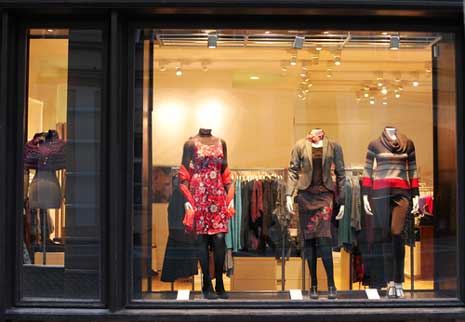Study Shows That Nearly Half of Children with Food Allergies Experience Bullying
Parents and pediatricians should routinely ask children with food allergy about bullying
NEW YORK – Nearly half of children diagnosed with food allergies who participated in a recent study are bullied, according to researchers at the Icahn School of Medicine at Mount Sinai. One third of those bullied specifically due to their food allergy. Almost eight percent of children in the U.S. are allergic to foods such as peanuts, tree-nuts, milk, eggs, and shellfish.
Nearly half of parents surveyed (47.9 percent) were not aware of the bullying—although both the bullied children and their parents reported experiencing higher stress levels and lower quality of life.
The study, titled, “Child and Parental Reports of Bullying in a Consecutive Sample of Children with Food Allergy,” appears in the online issue of Pediatrics on December 24. The study was led by Eyal Shemesh, MD, Associate Professor of Pediatrics and Psychiatry at the Icahn School of Medicine at Mount Sinai. Dr. Shemesh and his team surveyed 251 pairs of parents and children. The patient and parent pairs were consecutively recruited during allergy clinic visits to independently answer questionnaires. Bullying due to food allergy or for any cause, quality of life, and distress in both the child and parent were evaluated using validated questionnaires.
“Parents and pediatricians should routinely ask children with food allergy about bullying,” said Dr. Shemesh. “Finding out about the child’s experience might allow targeted interventions, and would be expected to reduce additional stress and improve quality of life for these children trying to manage their food allergies.” Dr. Shemesh is Director of EMPOWER (Enhancing, Managing, and Promoting Well-being and Resiliency), a program within Mount Sinai’s Jaffe Food Allergy Institute. Dr. Shemesh is also Chief of the Division of Behavioral and Developmental Health in the Department of Pediatrics at The Mount Sinai Medical Center.
“When parents are aware of the bullying, the child’s quality of life is better,” said the senior author, Scott H. Sicherer, MD, Professor of Pediatrics, Chief, Division of Pediatric Allergy, Co-Director, EMPOWER program. “Our results should raise awareness for parents, school personnel, and physicians to proactively identify and address bullying in this population.”
Author: Mount Sinai, Researchers Survey Shows That Nearly Half of Children with Food Allergies Experience Bullying, December 24, 2012
The study, titled, “Child and Parental Reports of Bullying in a Consecutive Sample of Children with Food Allergy,” appears in the online issue of Pediatrics.
Related Articles:






